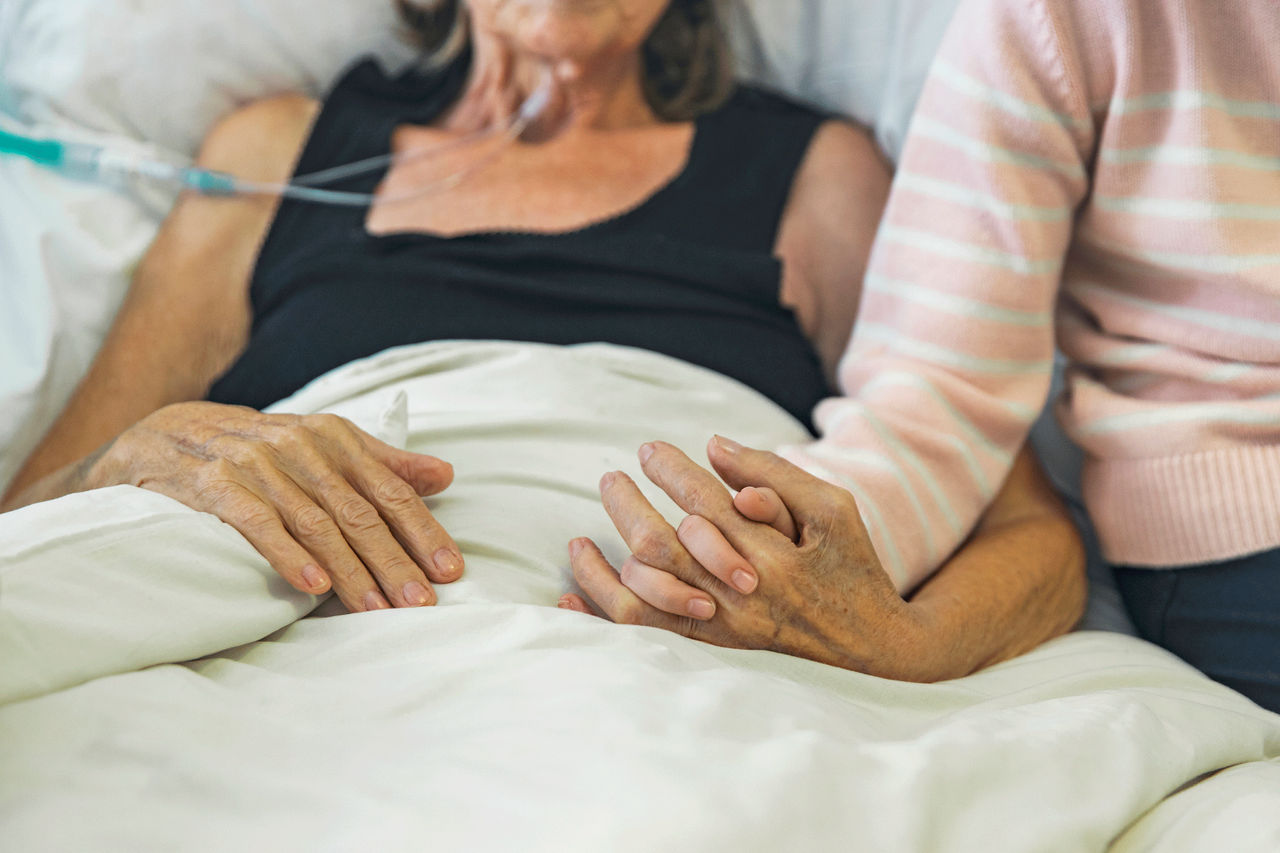Treatment For Lung Cancer

Treatment of lung cancer depends on many factors, such as the type of cancer, its location, your overall health, and whether the cancer has spread.
Lung cancer can be treated. Your treatment depends on:
- The type of lung cancer you have
- The size and location of the tumor
- Your general health
- If the cancer has spread to other parts of your body
YOU MIGHT ALSO LIKE: Frequently Asked Questions About Lung Cancer
Lung cancer can be cured if it is found before it spreads to the other side of your chest. If it has spread, your doctors can manage symptoms and improve your quality of life.
Once you know the type and stage of lung cancer you have, it is time to decide with your healthcare team on a treatment plan. It will be one of the most important meetings that you will ever have.
Ask your doctor how much time you can take to make a decision without jeopardizing your health. You may want to get an opinion from another doctor and involve your family and friends in this process.
The goals of treatment for lung cancer
- Remove or kill the cancer cells in your lung or kill any cancer cells that may have spread, if possible.
- If all of the cancer cells cannot be killed, slow or limit their growth for as long as possible.
- Try to prevent or control any symptoms the cancer is causing.
- Maintain good nutrition, which promotes healing and may help limit side effects.
- Maintain a sense of control over your treatment choices and life.
Types of treatment for lung cancer
There are several ways to treat lung cancer, depending on the stage of the cancer and other factors:
- Surgery. If you have non-small cell lung cancer that has not spread, surgery is often the first treatment choice. It is often followed by other treatments. Surgery is rarely appropriate for people with very early-stage small cell lung cancer. Occasionally, surgery may be considered after radiation and chemotherapy in patients who have responded well with a decrease in tumor size.
- Radiation therapy. Radiation is an option when a patient has an early-stage tumor but is not a candidate for surgery. It may be accompanied by chemotherapy (called concurrent therapy). It is also often used in combination with chemotherapy in patients with stage III lung cancer that cannot be removed surgically (an unresectable cancer).
- Chemotherapy. Medication is usually part of the treatment for small cell lung cancer, as well as for more advanced stages of non-small cell lung cancer.
- Targeted therapy. This type of treatment uses drugs that zero in on specific changes in cancer cells or in nearby tissues that cause the cancer to grow and spread. Several targeted drugs are now used to treat advanced non-small cell lung cancer, either alone or along with chemotherapy.
- Photodynamic therapy (PDT). PDT is used to reduce symptoms of lung cancer, such as trouble breathing. It may also treat very small tumors in people who cannot have the usual treatments.
- Laser therapy. A laser on the end of a bronchoscope can sometimes treat very small lung cancers in the linings of airways. Lasers can also open blocked airways to help people with advanced tumors breathe better.
- Radiofrequency ablation (RFA). RFA can treat some small tumors near the outside of your lungs, especially in people who can't or don't want to have surgery. A metal probe is passed through your chest wall and into the tumor, and high-energy radio waves heat and destroy the tumor.
Your doctor may suggest that you get more than one treatment.
Sometimes new treatments are available in a clinical trial. You can ask your doctor if there is one you should consider.
Some people use complementary therapies. That means they get traditional cancer treatment along with other therapies that are supportive. You may talk about this option with your doctor or nurse.
Updated:
February 20, 2023
Reviewed By:
Janet O'Dell, RN